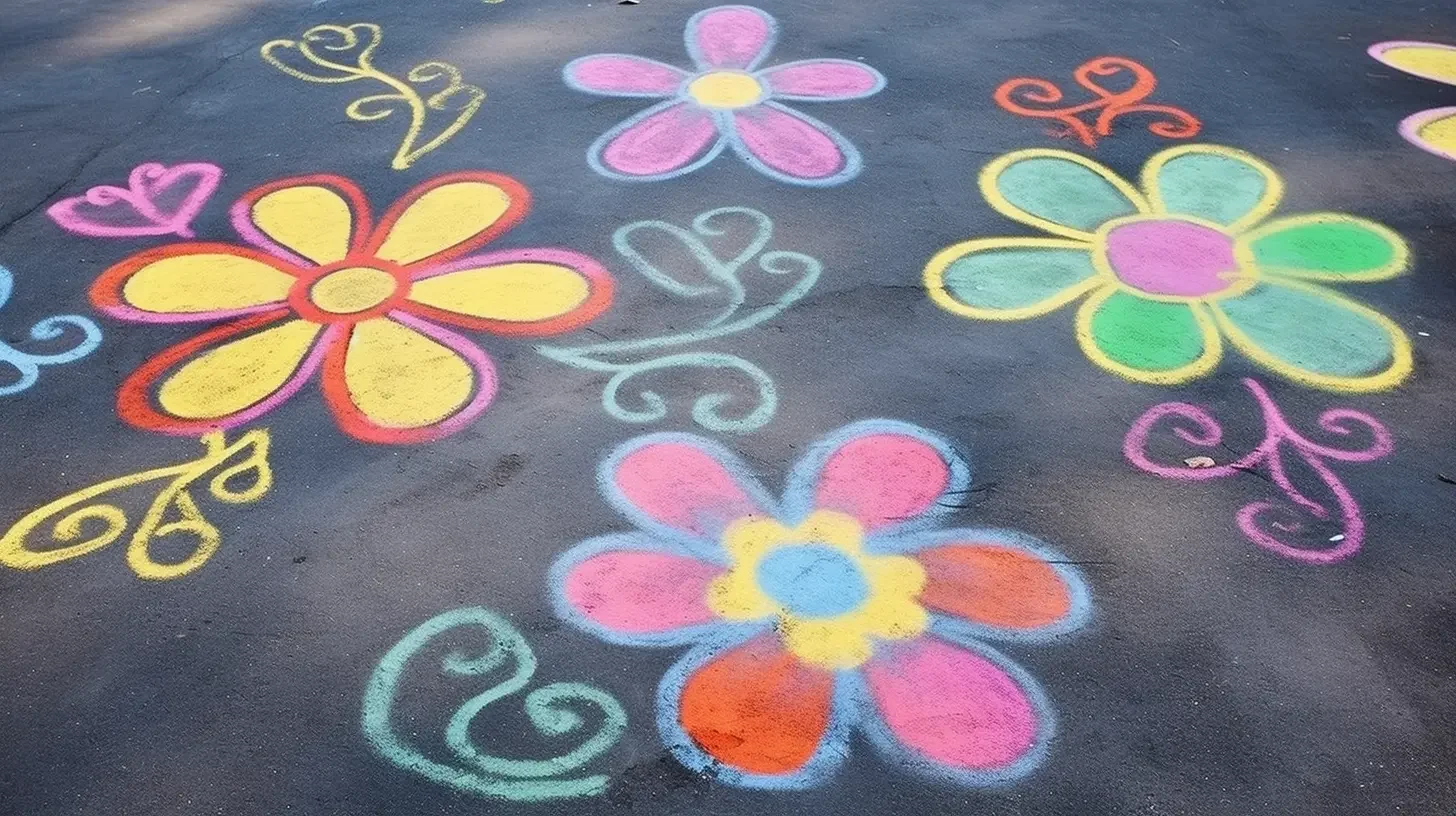Social Communication Disorders in Children
(Not Related to Autism)
To schedule a free speech evaluation for your child please follow the link here
Understanding Social Communication Disorders in Children
When we think of social communication challenges in children, autism spectrum disorder (ASD) often comes to mind. However, many children experience social communication disorders unrelated to autism. These children may struggle with using language appropriately in social situations, even though they have typical language skills in other areas and no cognitive delays.
What Is a Social Communication Disorder?
Social communication disorders impact a child's ability to:
Use language to greet, ask questions, or tell stories
Adapt communication based on the listener or situation
Understand nonverbal cues like facial expressions or body language
Follow conversational rules such as turn-taking or staying on topic
These challenges can make it hard to make and keep friends, participate in classroom discussions, or navigate everyday social situations.
Therapy in the Home Setting
Home-based speech therapy for social communication focuses on practical, real-life application. Sessions may involve:
Role-playing common social situations like joining a group, asking for help, or expressing disagreement politely
Video modeling or social stories to teach expected behaviors and conversational norms
Parent coaching so caregivers can support practice during daily routines—like mealtime conversations, play dates, or family outings
Games and activities to practice turn-taking, perspective-taking, and reading social cues in a natural, fun way
Therapists work closely with families to integrate strategies into everyday life, building the child’s confidence and skills where it matters most—at home and in the community. With consistency and support, children with social communication disorders can learn to connect, relate, and thrive socially.
Final Thoughts: Communication Grows at Home
For children with Social Communication Disorders, language therapy is most effective when it’s natural, relationship-based, and embedded into everyday life. That’s exactly what home-based therapy provides.
By building communication skills where children feel most secure and by empowering families to become active participants, home-based language therapy sets the stage for long-term growth—one moment, one word, one connection at a time.
Looking for language therapy at home for your child with Social Communication?
We specialize in home-based intervention for motor speech challenges like childhood apraxia of speech. Contact us today to learn how we can guide your family through personalized therapy that fits into your life—and empowers your child every step of the way.

